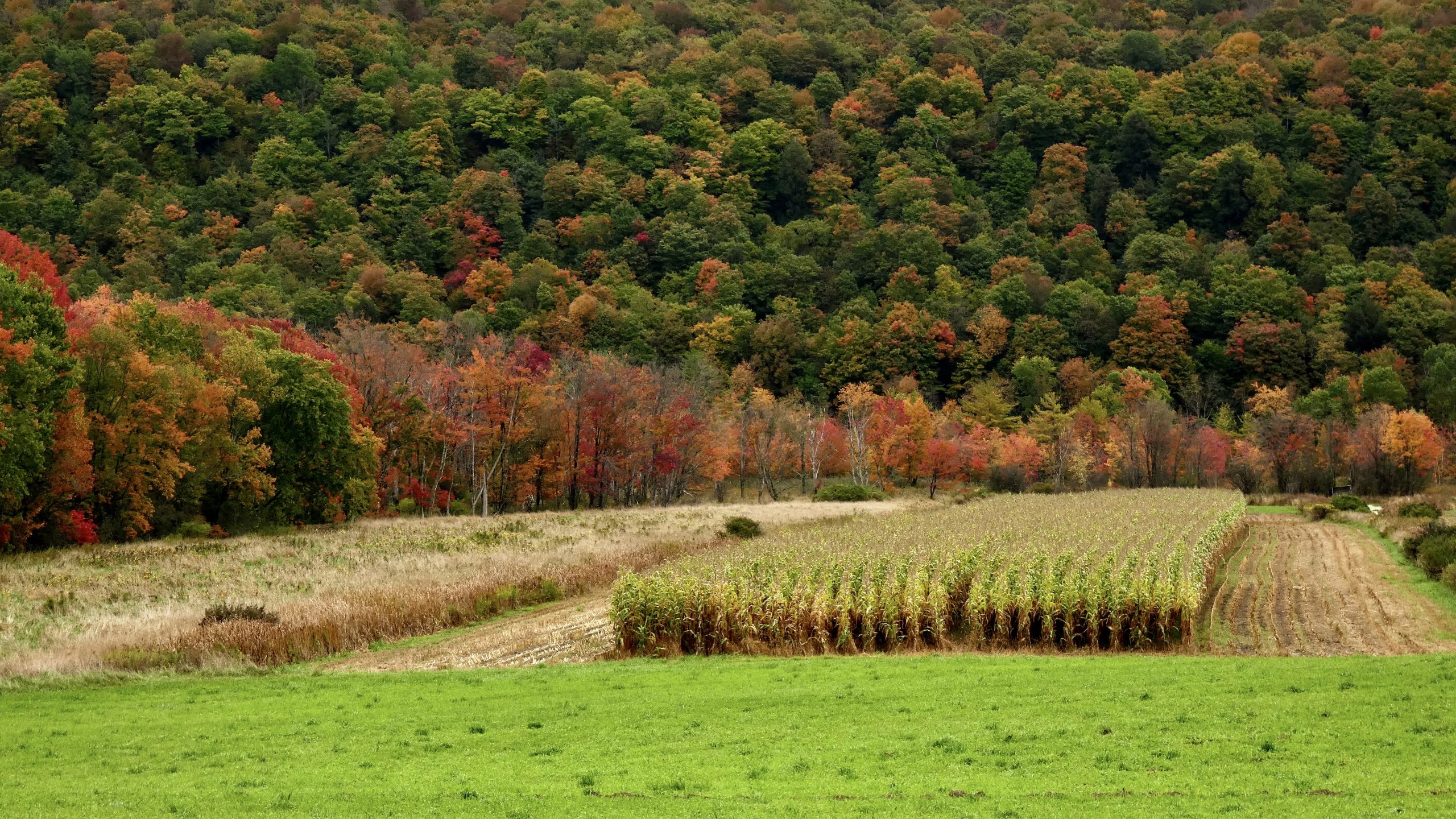Getting your hands on agricultural land can be a challenge. You might find yourself battling with other farmers and outside investors, or you might struggle to find a property that suits your needs. Fortunately, there are resources and tools available that can help you get started.
A well-developed business plan can help you figure out how to operate a farm. It can also help you budget for your expenses. Developing a budget allows you to be brutally honest with yourself about your needs and capabilities. This can help you avoid stress and headaches throughout your life.
One of the best sources for finding the right farm for you is word of mouth. The internet is also a useful resource. Online search tools can provide you with a list of farms for sale.
Another option is to check out local real estate agents. Real estate agents have a lot of experience in spotting the best deals for your situation. These agents can identify sales that fit your farm’s operations.
You can also use your neighbors as a resource. They might know of farms that are for sale, or they might be willing to sell you a portion of their land for your own. In addition to your neighbors, you can also talk to other farm owners and real estate agents. Some people even start their own farms as a hobby.
To locate agricultural properties, you should look for a good balance between cost and availability. You may need to work out a lease before you purchase. Leases can last for a short or long period of time, and can be a great way to try out your new venture before you commit.
You should also check out local extension offices. Extension agents can provide you with information about the different programs that you can take advantage of when it comes to buying or leasing land. Also, consider the tax status of the land you are looking at. There are some commercial lenders who will extend credit to land buyers with long-term leases.
Finally, you should consider zoning laws for the area. Many agricultural zoning laws are designed to protect open land uses. However, they can also be a roadblock for you if you try to expand your operation. Purchasing agricultural land requires you to know the rules surrounding zoning, including the types of activities that are permitted and the maximum amount of acreage that is allowed on your property.
While this can be difficult, it can pay off in the end. For example, you may be able to avoid a large tax bill if you only use your land for farming purposes. And if you live in a highly competitive region, you may find that exclusive farm use will put you in a lower tax bracket.
Before you buy your first piece of agricultural land, you should also take a soil test. Soil tests can reveal whether the land has an adequate amount of water. Depending on your specific area, you may also need to have a septic system installed.

